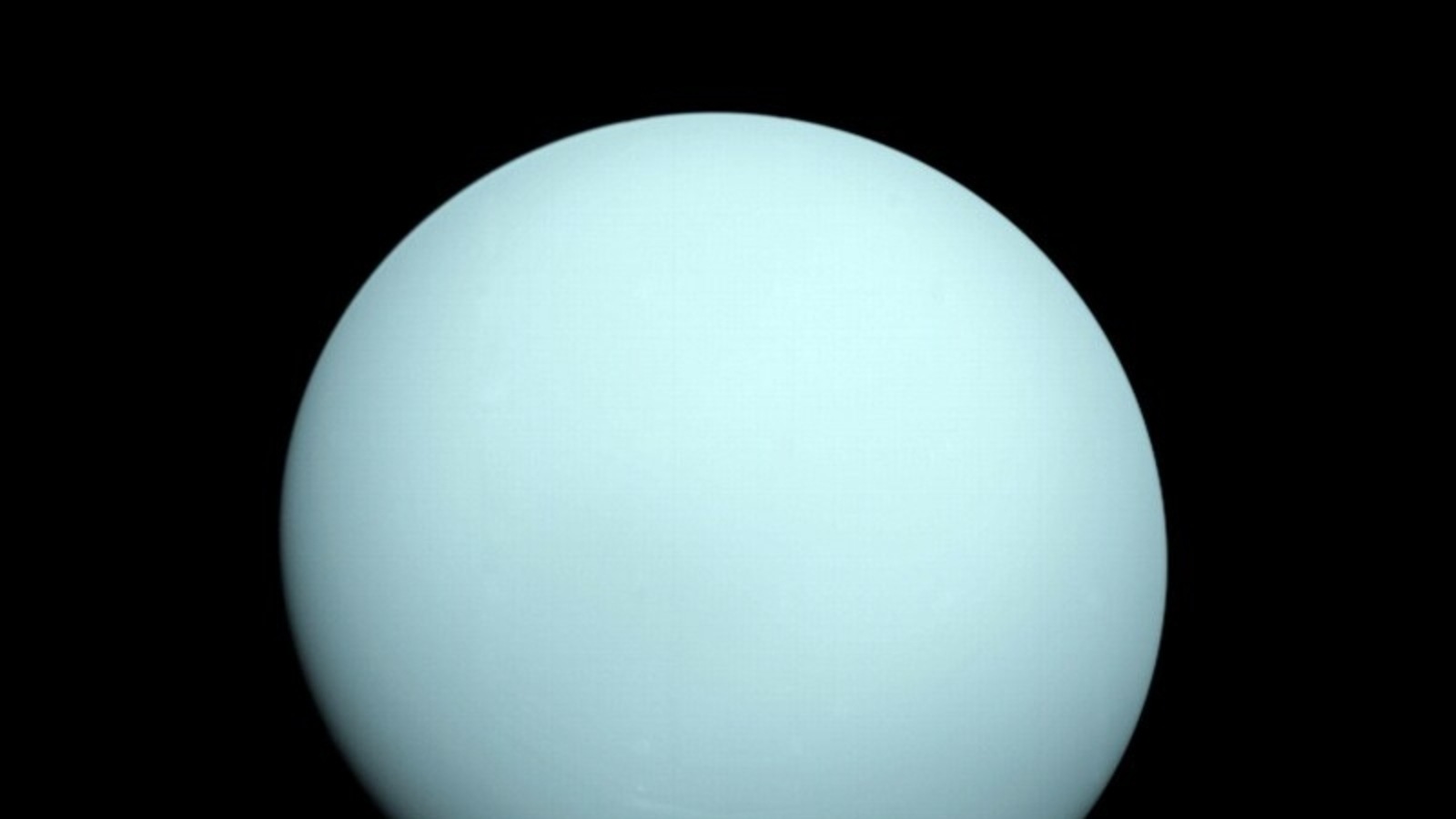NASA may soon launch a mission to Uranus! New discoveries beckon
NASA may soon make the Uranus mission a priority in the next decade. Here’s why.
Uranus, the ice giant, is certainly the strangest planet in the solar system, with more than a dozen rings that circle around it and as many as 27 moons encircle it! Its atmosphere, which is full of hydrogen, helium, and heavier compounds, exists as ice deep in the frigid Uranian clouds. But it is just that! Beyond these couple of intriguing facts, scientists barely know about this interesting but isolated planet. In 1986, the Voyager 2 spacecraft was the first and only time when the planet was visited.
But now, a report by planetary scientists suggests that Uranus may soon become the priority for NASA scientists as NASA may launch a mission to Uranus in the coming decade. Uranus along with Neptune are the two ice giants in our solar system that might be representative of the most common type of planets in the galaxy. The mysteries of Uranus, such as its strange magnetic field, hidden internal structure, and extremely cold temperatures, are believed to be significant not just for understanding ice giants across the Milky Way, but also for revealing clues about our solar system’s history.
Mission to Uranus!
According to the report, the proposed mission called the ‘Uranus Orbiter and Probe’ would launch a small probe to inhale the planet’s atmosphere while an orbiter will zips around the Uranian system for years. The plan is similar to NASA’s successful Saturn system exploration mission called Cassini from 2004 to 2017.
The chairperson of the panel on giant planets, Jonathan Lunine said, “I think we’re going to see some real extraordinary surprises there and learn a tremendous amount about planet formation in general, and we may discover some new ocean worlds.”
Well, planetary astronomer Heidi Hammel has to say that the returns of the mission will be so rich as it will touch on almost every field of planetary science.
The report prepared by planetary scientists in 2022 has mentioned that Uranus, which is very unlikely to host life on it, has still been selected as a highest priority mission. And the reasons are simple, Uranus might be the representative of the most common type of exoplanet. And any science that the mission may get from the Uranus system will add value to the limited knowledge about the planet.
For all the latest Technology News Click Here

